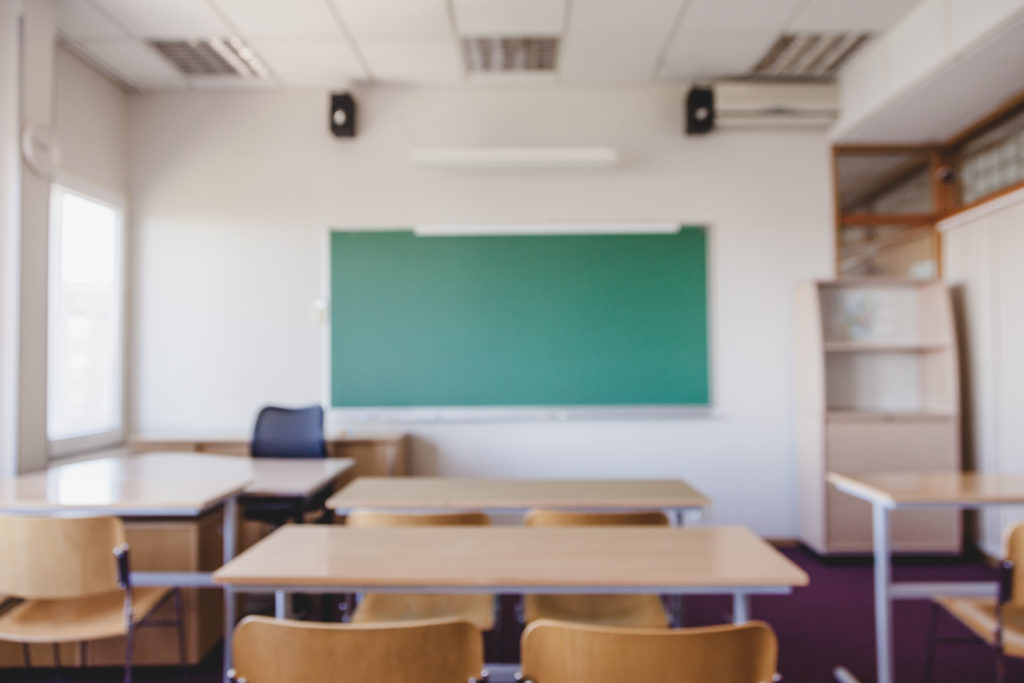10 things private schools won’t tell you
Some private schools deliver great educations. Others are major disappointments. We set out to discover what really goes on behind those ivy-covered walls.
Advertisement
Some private schools deliver great educations. Others are major disappointments. We set out to discover what really goes on behind those ivy-covered walls.

Share this article Share on Facebook Share on Twitter Share on Linkedin Share on Reddit Share on Email